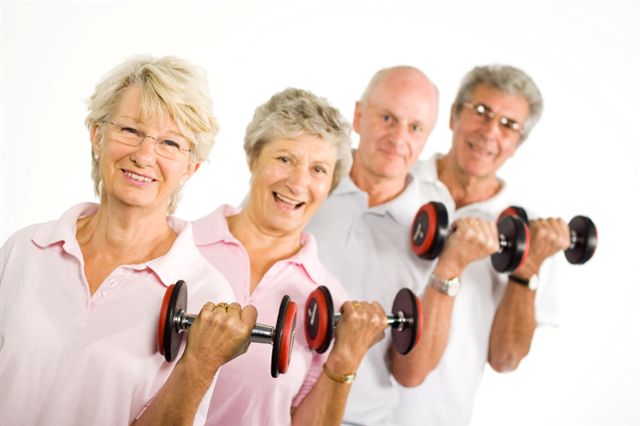Summer Activities for Seniors with Dementia
/With good planning and safety in mind, someone who is losing their memory can still have an enjoyable summer and spend time outdoors. People living with dementia still need to keep their minds and bodies active.
Summer activities for your elderly loved one should take place at cooler times and avoid the heat of the day. Always keep water with you and bring something to provide shade if the activity is in the direct sun.
Watch for signs of heat stroke which include headache, confusion, nausea and dizziness, raised body temperature, flushed look with dry skin and a rapid or weak pulse. If you see any of these signs get them into a cooler location immediately.
Other items to keep with you may include sunscreen, a loose hat, proper clothing, and sunglasses.
Go for a ride
Taking a drive can be fun and relaxing. You could take your loved one for a ride in to where they grew up so they can reminisce. Or you could go for a ride in the country and let them point out things to talk about. Engage them in conversation about the things you see.
Get creative
Art can be a great activity for seniors living with dementia. When choosing the art activity keep in mind the ability of the individual and plan one which is appropriate for them. The goal is to have them finish the project with a feeling of accomplishment and satisfaction.
Some great art activities:
· Painting on a blank canvas. If you do this outside you have the added benefit of fresh air and vitamin D from the sun.
· Press flowers and use them to create note cards or sun catchers.
· Paint birdhouses
· Paint rocks or terracotta flower pots
· Model with clay
Gardening
For those living with dementia, spending time outside in the garden can be both enjoyable and beneficial. Sunlight can help your loved one get a good night’s sleep and Vitamin D from the sun has been found to boost mood and can even reduce some symptoms of Alzheimer’s.
Gardening can be a good form of exercise and for those with limited mobility gardening can be done in pots or in raised beds or window boxes.
Taking your loved one to a garden center to choose plants is a good opportunity for conversation and provides a social outing.
Additionally, gardening is an activity which can be ongoing and can have an enjoyable outcome such as when fresh tomatoes or cucumbers can be enjoyed.
Visit the ocean or lake
Take a trip to the seaside or if you live here in the New Hampshire Lakes Region, visit one of our beautiful lakes.
A visit to a body of water can provide much needed sensory stimulation. There’s the feeling of sand between the toes, or the water on the feet. Or the sound of the waves as they break on the shore or the water as it laps at the rocks at the edge of the lake. There is also opportunity to see and hear the birds which visit the water.
A visit to a body of water is also a great way to cool down in the heat of summer. Sometimes just getting your feet in water can make a huge difference.
If your elderly parent is a fan of fishing, find a nice quiet spot to cast your lines and spend some time talking and visiting. Bringing along a grandchild could make this an even more enjoyable outing.
Go for a picnic
From planning and packing the picnic lunch to the actual time spent outdoors, a picnic can provide many opportunities for stimulation for someone dealing with dementia.
Your loved one can help with planning the food and may enjoy assisting with sandwich preparation or mixing some iced tea.
Bring a couple lawn chairs or choose a park with picnic tables. Avoid places which are loud and noisy.
Attend local events
Each area has their own unique local events. Visit websites and social media for local tourism and chambers of commerce to find out what is going on in your area. You can also look in local newspapers.
You could choose from:
Farmers Markets
Craft shows
Outdoor concerts
Local festivals
Outdoor movies
Flea markets
Etc.
If you are looking for activities and events here in the New Hampshire lakes region you can visit the following.
http://www.lakesregionchamber.org/
https://www.visitwhitemountains.com/events/
With a bit of care and planning you can create a summer of fun, memorable activities for your loved one with dementia.




